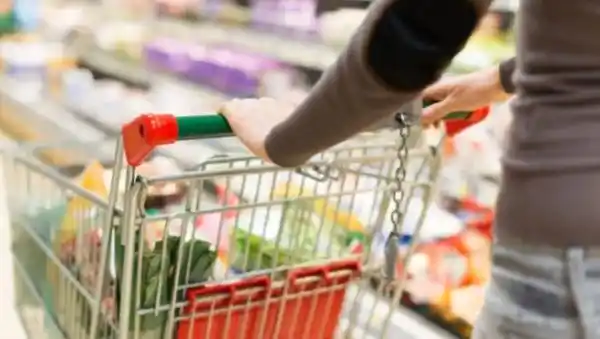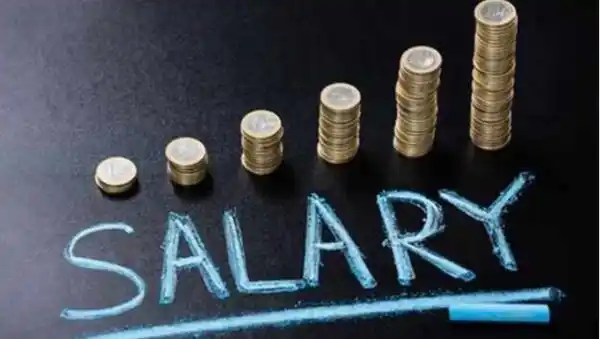It is no secret that supermarkets employ ways to trick you into spending more money and buying things that you had not planned for originally.
One common trick that most of us are familiar with is how the products are priced with numbers that end in .99 or so to make it appear cheaper.
Other familiar ways are how sample stations and other display stands that are often kept around to slow you down and tempt you in purchasing that new product.
Here are some of the common tricks that supermarkets use –
1. Large sized shopping carts
Shopping carts have become larger in size over time primarily to trick you into loading more food in them without even realizing. Supermarkets do provide smaller baskets as well and those are the best to opt for so as to limit the number of items you could grab.
2. Items near the cash register
Every supermarket has cash registers that have lots of candies, gums, magazines and other easy to grab items that you most probably would not have planned on purchasing. These are kept to attract your attention while waiting in queues for an impulse purchase.
3. Expensive items on the shelves
Products that are priced higher are often placed on the shelves in an aisle just about at your eye-level for that is where your eyes would go to first. Cheaper products are often placed at the bottom or on the top shelves.
4. Essential items at the back of the store
All your essential items like eggs and milk are quite often stored at the back of the store. Supermarkets do this so that you pass through the other aisles and get tempted to buy other products or products on special offers which are kept right around the entrance. However, supermarkets deny this tactic by emphasizing on the fact that the goods often come through the back of the store and they need moving time to be as less as possible for the faster perishable goods.
5. Eye-catching signs
Supermarkets often place signs that attract your attention for the products that are often pricier. They often use tactics on their signs such as limited period offer or sales citing heavy discounted offers.
6. Bakery and flower shops at the entrance of the store
Bakeries and flower shops have one thing in common. It’s the smell that overloads your senses and puts you in a good mood. It will also make you hungry and supermarkets often use this to trick customers right from the beginning of their grocery shopping.
7. Rewards program
Every large supermarket chain seems to have their own rewards program where they award you points for the amount you have spent. These points once collected up to a significant amount can be used for discounts or gift vouchers. This rewards program indirectly causes you to spend more where you either look forward to collecting more points or receiving that gift voucher. Some supermarkets would even award you more points for purchasing particular products.
However, there are lots of good deals and offers at times in these supermarkets which could save you quite a bit but it is only considered savings if you had planned to buy it initially. This is why having a grocery list beforehand and sticking to it is important specially when you are looking to be strict with your finances and your budget.


















